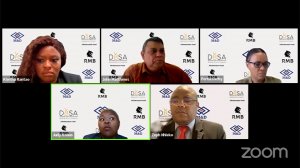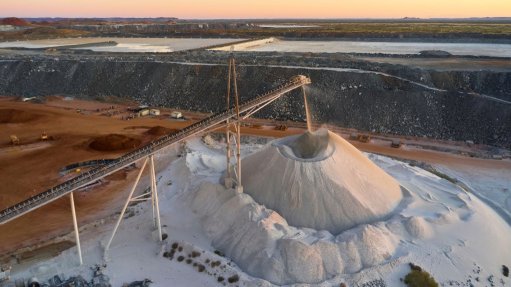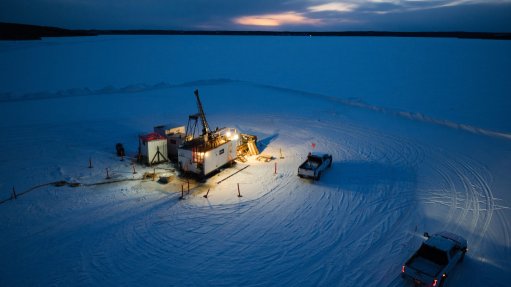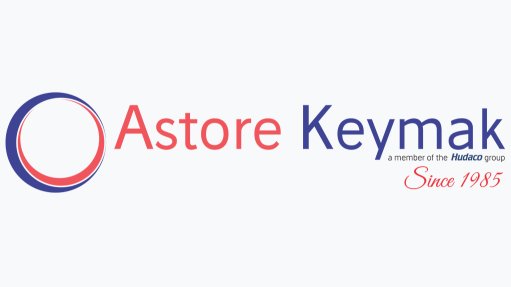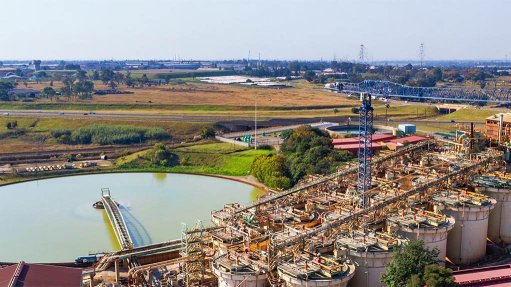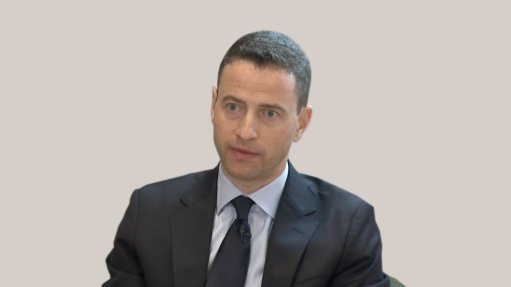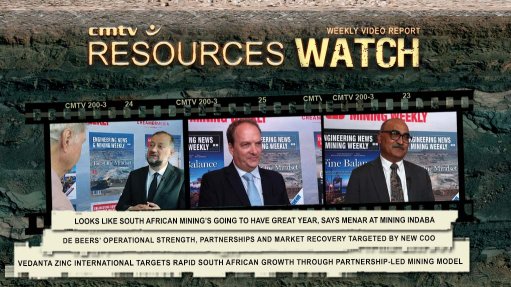Investment needed for SADC’s rail infrastructure to compete with road transport – Derby

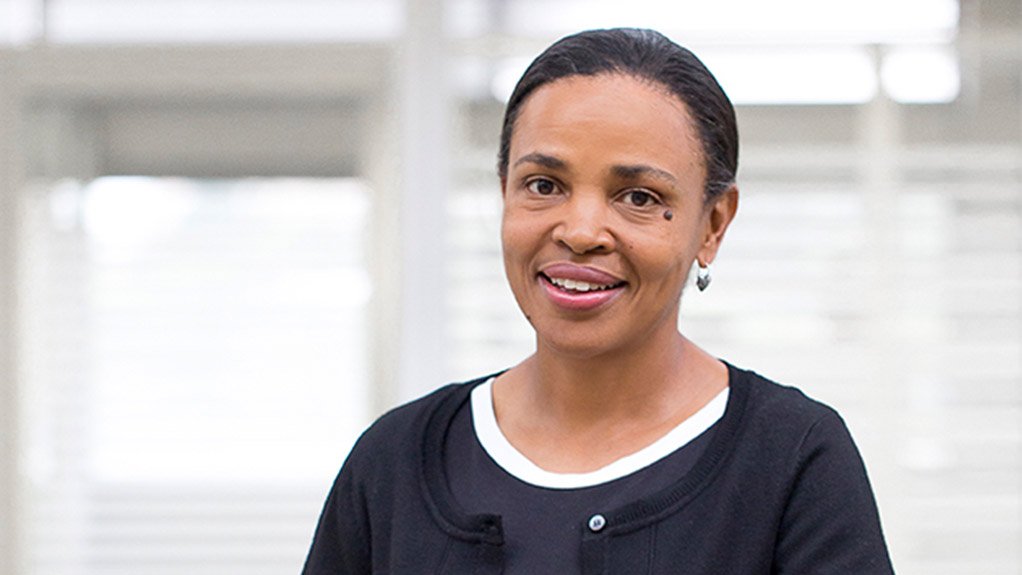
Creamer Media on February 4 hosted a webinar on Upgrading Infrastructure for Economic Growth
Transnet CEO Portia Derby
Rail operators in the Southern Africa Development Community (SADC) region need to jointly and urgently ramp up investments into their respective rail infrastructure to enable trains to move quicker and unhindered, both within their countries and between each other, as a measure to improve trade and logistics in the region, Transnet CEO Portia Derby has said.
Speaking during a webinar on Upgrading Infrastructure for Economic Growth, hosted by Creamer Media Contract Publishing on February 4, she said that, for Transnet alone, the investment required to bring South Africa’s rail network back to its design specification was “huge”.
Derby said Transnet needed to re-establish or upgrade its track signalling and substations, among other items. All inclusive, track upgrading came with a price tag of almost R100-billion that needed to be spent over the next seven years.
She noted, however, that cable theft was a significant challenge, not only for Transnet, but also for Eskom, Telkom and municipalities.
In addition, Derby noted that Transnet recently started working with the Passenger Rail Agency of South Africa to deal with the issue of cable theft.
“If we do not deal with that issue, [then] I do not know how big the [proverbial] hole is, because it is constantly growing,” she said.
Meanwhile, Derby noted that, in South Africa, using rail for cargo transportation has fallen to about 3% of total cargo movements in the country. “I imagine that the same disastrous situation has also arisen in [the rest of the] SADC [region],”
She pointed out, however, that rail gauge was not a big concern, stating that “we have the same gauge up to the Democratic Republic of Congo . . . there are no issues around gauge.
“There may be issues which make life really complicated, [such as] alternating current and direct current [for electric locomotives] . . . but [running] diesel is not really a problem [in that respect],” she said.
The issue is that every country in the SADC region has, over time, underinvested in rail infrastructure. “So we all have significant speed restrictions, which means that rail is not as efficient as road. So there is a significant amount of work that we all need to do to get the track up to speed so that we can have genuine interoperability,” said Derby.
Also speaking during the panel discussion was moderator Construction Alliance South Africa chairperson John Matthews, Rand Merchant Bank infrastructure finance co-head Judy Kobus, Development Bank of Southern Africa (DBSA) chief economist Zeph Nhleko and DBSA infrastructure finance head Khetha Rantao.
INFRASTRUCTURE FUNDING
In terms of the key instruments the DBSA is deploying to support government's strategy of placing infrastructure at the centre of reconstructing the economy, Nhleko said the obvious tool was the incubation of the Infrastructure Fund.
Notwithstanding that fund, and over and above the traditional on-balance-sheet project finance instruments the DBSA has, its approach to infrastructure development instruments delves into three issues in a post-lockdown environment, he stated.
“[The DBSA] likes to see itself as part of the alternative funding sources structure. We want to see it as part of the high-impact lending; but we also want to see it as part of empowerment support in the space,” said Nhleko.
Therefore, one of the alternative sources of funds the DBSA has adopted after the capital markets started dislocating, right at the beginning of the Covid-19 pandemic, was to establish a green bond framework.
“We have successfully raised €200-million in April and another R2-billion last October. This is an important part of the tools because if you do not have the funding it becomes difficult to get involved in funding infrastructure,” he said.
The high-impact approach adopted by the DBSA focuses on funding innovative, complex infrastructure development processes. An example of this is high-risk infrastructure technologies, new initiatives which the DBSA has put in place, including pilot projects.
“We have already dispersed R390-million in this regard. In the same space of high-impact [investing], we are also investing in development laboratories – development hubs that we set up in townships and rural areas to support skills development, enterprise development and to create market opportunities for the businesses,” said Nhleko.
Article Enquiry
Email Article
Save Article
Feedback
To advertise email advertising@creamermedia.co.za or click here
Press Office
Announcements
What's On
Subscribe to improve your user experience...
Option 1 (equivalent of R125 a month):
Receive a weekly copy of Creamer Media's Engineering News & Mining Weekly magazine
(print copy for those in South Africa and e-magazine for those outside of South Africa)
Receive daily email newsletters
Access to full search results
Access archive of magazine back copies
Access to Projects in Progress
Access to ONE Research Report of your choice in PDF format
Option 2 (equivalent of R375 a month):
All benefits from Option 1
PLUS
Access to Creamer Media's Research Channel Africa for ALL Research Reports, in PDF format, on various industrial and mining sectors
including Electricity; Water; Energy Transition; Hydrogen; Roads, Rail and Ports; Coal; Gold; Platinum; Battery Metals; etc.
Already a subscriber?
Forgotten your password?
Receive weekly copy of Creamer Media's Engineering News & Mining Weekly magazine (print copy for those in South Africa and e-magazine for those outside of South Africa)
➕
Recieve daily email newsletters
➕
Access to full search results
➕
Access archive of magazine back copies
➕
Access to Projects in Progress
➕
Access to ONE Research Report of your choice in PDF format
RESEARCH CHANNEL AFRICA
R4500 (equivalent of R375 a month)
SUBSCRIBEAll benefits from Option 1
➕
Access to Creamer Media's Research Channel Africa for ALL Research Reports on various industrial and mining sectors, in PDF format, including on:
Electricity
➕
Water
➕
Energy Transition
➕
Hydrogen
➕
Roads, Rail and Ports
➕
Coal
➕
Gold
➕
Platinum
➕
Battery Metals
➕
etc.
Receive all benefits from Option 1 or Option 2 delivered to numerous people at your company
➕
Multiple User names and Passwords for simultaneous log-ins
➕
Intranet integration access to all in your organisation


